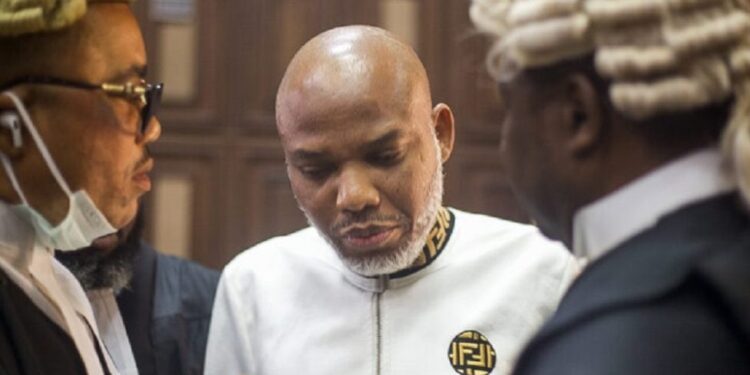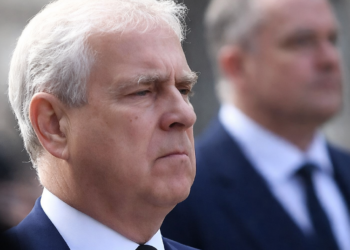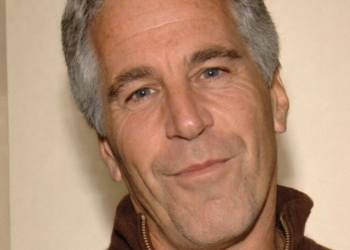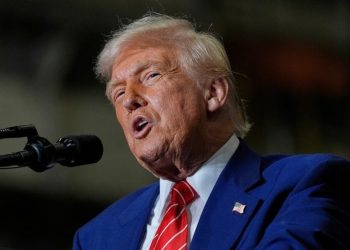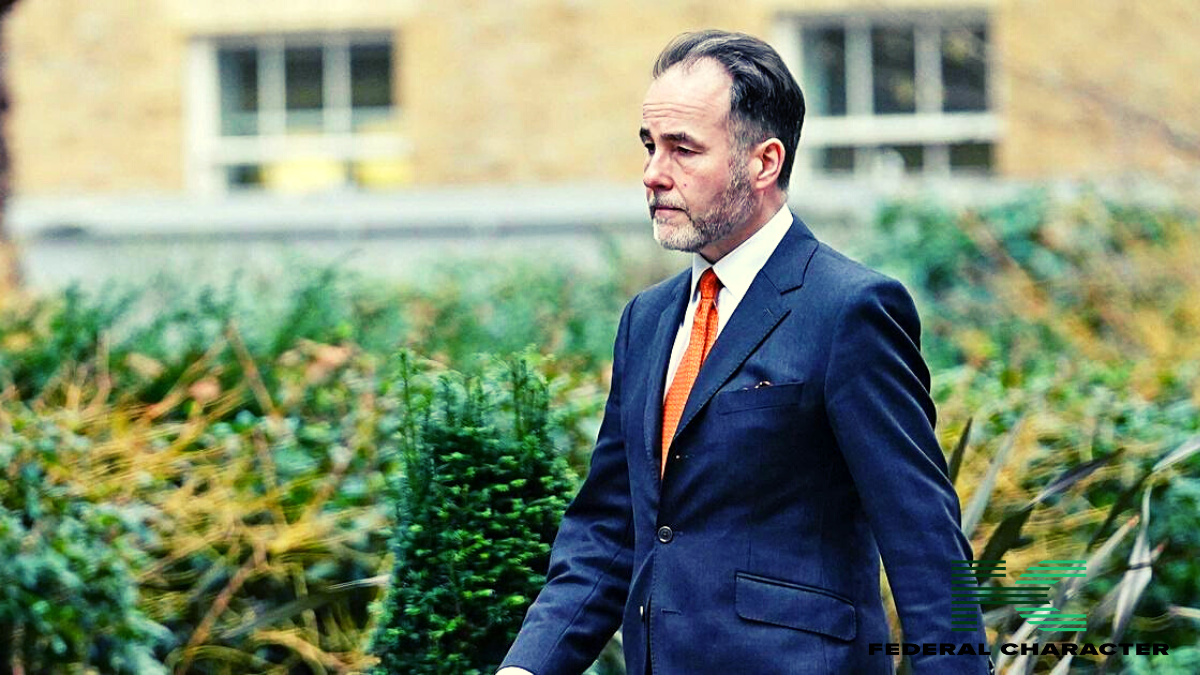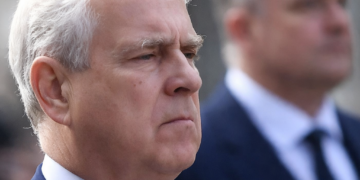The moment the news broke that the court banned #FreeNnamdiKanu, many Nigerians were not surprised, just disappointed. This country has mastered the art of silencing protests before they even start. The decision, which stopped citizens from gathering to demand Nnamdi Kanu’s release, shows again how allergic the government is to public expression. Instead of facing questions about justice and fair trial, it’s easier to throw an injunction and call it peace. That’s the Nigerian way, keep quiet or get crushed.
A Silenced Protest
The court order stopping #FreeNnamdiKanu came after the government cried that the protest might cause trouble. So, rather than allow people to express their anger peacefully, they chose to muzzle them completely. It’s the same script we’ve seen for years, from #EndSARS to #RevolutionNow. Once the crowd begins to gather, fear sets in. The police run to court, the judge signs an order, and the people lose their voice. But banning a protest doesn’t erase the reason for it.

Fear of Freedom
What’s so terrifying about Nigerians holding placards and chanting Free Nnamdi Kanu? If the government is confident that it’s handling his case lawfully, then it should welcome transparency, not hide behind court orders. The court banning #FreeNnamdiKanu only strengthens the belief that there’s something they don’t want the world to see. Democracy is supposed to guarantee the right to protest.
History Keeps Repeating
From 2015 till now, Nnamdi Kanu’s case has been a long movie with too many plot twists. Arrest, bail, invasion, escape, re-arrest, release order, and another detention, it’s like watching the same film in circles. And just when citizens try to demand an ending, the court says, “Stop.” The irony is loud. The same court that should be protecting freedom is now being used to restrict it. The court banning #FreeNnamdiKanu isn’t just about one man, it’s about how quickly power bends justice.
The United States Can Warn, Nigerians Can’t Speak
The US Embassy even issued a warning to its citizens to stay away from the protest area, as if Nigeria were a war zone. But instead of asking why a simple protest could turn violent, the government prefers to stop it altogether. That’s how weak institutions behave, not by addressing grievances, but by hiding them under fear. A country that can’t handle peaceful protest has already lost control of its peace.
Nigerians Deserve Better
If the government believes that silencing protests will silence pain, they’re wrong. Banning a movement doesn’t kill it, it drives it underground. People will still talk, online, in churches, in bars, and on street corners.
Nigeria must decide what kind of democracy it wants, one where citizens can only whisper, or one where they can speak boldly without fear of court orders. Because if asking for justice is now a crime, then justice itself is already imprisoned.

